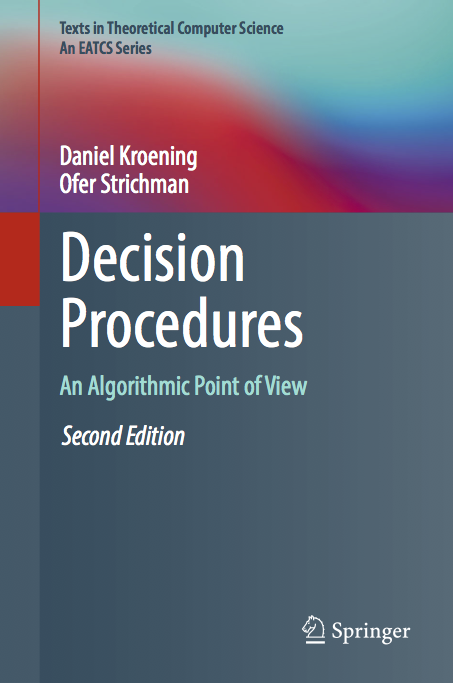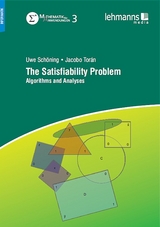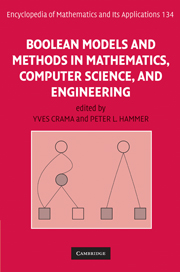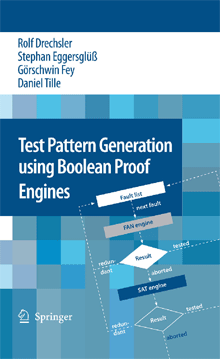Core Challenge 2023 (an International Competition for Combinatorial Reconfiguration)
Links
- Official Web Page https://core-challenge.github.io/2023/
- Google Group https://groups.google.com/g/core-challenge
Call For Participants in the competition (in text)
Please distribute to those who are interested.
====================================================================
Call For Participants in the competition
The 2nd Combinatorial Reconfiguration Challenge
(CoRe Challenge 2023)
https://core-challenge.github.io/2023/
Submission deadline: Apr. 30, 2023
====================================================================
Overview
Combinatorial Reconfiguration is a novel algorithmic concept that provides mathematical models and analysis for “transformations over state spaces.” Its appearance ranges from theory to applications. However, its technical achievements are hard to access. Thus, it is required to found a common infrastructure for utilizing and applying the algorithmic technology of combinatorial reconfiguration. See this website (https://core.dais.is.tohoku.ac.jp/en/project/project_summary/) for more backgrounds.
The 2nd Combinatorial Reconfiguration Challenge (CoRe Challenge 2023) is a competition aiming for practically exploring the combinatorial reconfiguration.
This 2nd challenge continues to target the Independent Set Reconfiguration (ISR) problem. The ISR problem is one of the most well-studied reconfiguration problems. Theoretically, the problem is PSPACE-complete, which implies that there exist instances such that even a shortest reconfiguration sequence requires a super polynomial steps. Theoretical results and their references can be found in a survey by N. Nishimura (https://doi.org/10.3390/a11040052).
Important Dates
- Apr. 30, 2023
- Challenge ends (submission deadline) — 23:59 AoE, UTC-12
Rules/Tracks and Other Details
See our web page https://core-challenge.github.io/2023/
Award
Certificates will be awarded to participants who perform well in each track/metric.
Support
KAKENHI Grant-in-Aid for Transformative Research Areas (B) “Fusion of Computer Science, Engineering and Mathematics Approaches for Expanding Combinatorial Reconfiguration”
Organizers
- Takehiro Ito (Tohoku University, Japan)
- Yoshio Okamoto (The University of Electro-Communications, Japan)
- Takehide Soh (Kobe University, Japan)
- Tomoya Tanjo (National Institute of Genetics, Japan)
Contact
For public questions, please use https://groups.google.com/g/core-challenge. For private questions, please use core.challenge [at] grp.tohoku.ac.jp.










